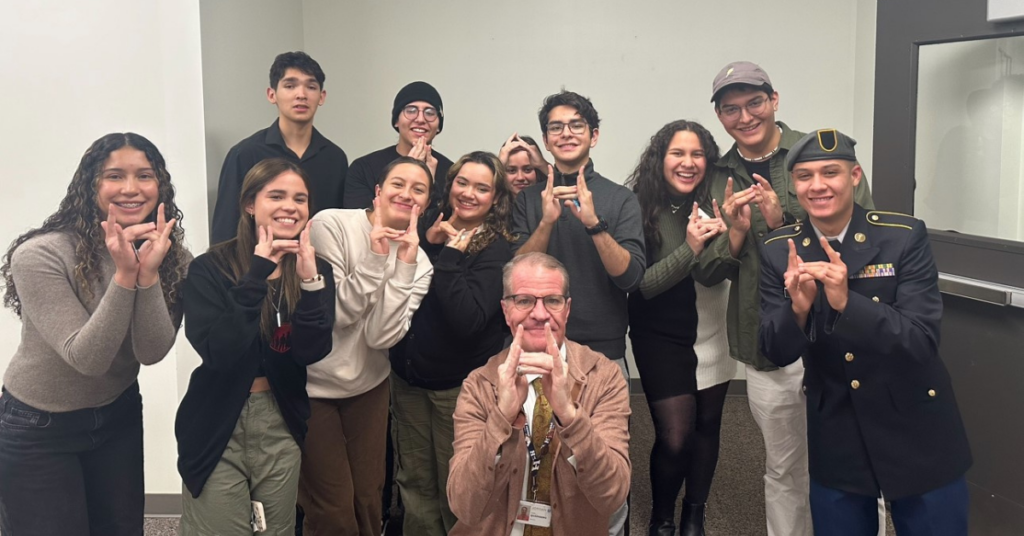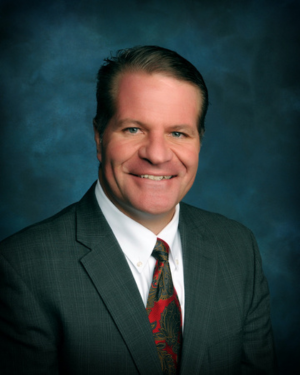I will not disclose today if I’m leaning left or right because the issue at hand is not about politics. At the core of the debate over immigration in this country is humanity, an issue that should unite us all.
Though I have not personally seen the border wall, I have seen the strife, hunger, and critical need within our communities, and it is daunting. One need not hold an ecclesiastical title to recognize the importance of helping those in need. The spark of hope I see is in the service provided by volunteers working within a framework of global freedom. Yet the reality is stark: Hundreds of volunteers are not enough; thousands are needed to meet the demands of our time.
The America we live in now has some similarities from the past, but the lines drawn in today’s world are a dark, impenetrable boundary of thought we are forced to live within. What is it going to take for us to cross ideological lines to ensure we maintain the foundation on which our country was established?
I think our future will depend on how the high school students of today view the world. I’m the proud principal of Herriman High School in Herriman, UT. Three years ago, we received hundreds of refugees from South America in a six-month period of time. I didn’t have the resources or staff to manage the language barrier, the cultural differences, and the primary needs of families. Three years later, I still lack those resources.
So, what’s my job? I have always been told I am the instructional leader as the principal. I believe that’s true. I also believe my job is to help students see a glimpse of what the future holds for them. I also help them determine and manage the tools they will need to navigate that future.
Our students who are refugees didn’t have a choice in where they live. And after talking with their parents, I see they didn’t have much of a choice either. The stories they tell from their homelands shake my soul.
Recently, one of our state board of education members proposed in a public meeting that the word “compassion” be removed from any curriculum or discussion in public schools. “Hooray!” I said to myself upon hearing the news. Our world must be so compassionate that we no longer need to discuss or teach students about it. Of course, that’s hardly the case.

As a school leader, I am working harder than ever before. I am trying to help those who possess only their names and the clothes on their backs—people who simply need our compassion. Every day educators are constantly changing the hats we are forced to wear to do our job. As a professional, wearing a hat may not be considered professional attire, but today our communities should be concerned if we don’t have a bag of hats we are carrying around, because it means we are not addressing the critical needs inside the school. I will be so relieved when I no longer need to worry about the multitude of hats I must wear in my professional life. I can’t wait to call my colleagues to have a hat burning party.
Again, I don’t want to talk about how politically red or blue I am. I will only say that I take great pride in the Red, White, and Blue. Humanity is worth the fight. My commitment is unwavering to refugee students and to all those in dire need of basic human kindness. If compassion is truly innate, then let us demonstrate it until there is no longer a need for its explicit inclusion in our curriculum. I will advocate for the hundreds of refugee students I see every day. All I ask in return is for you to consider doing the same.

